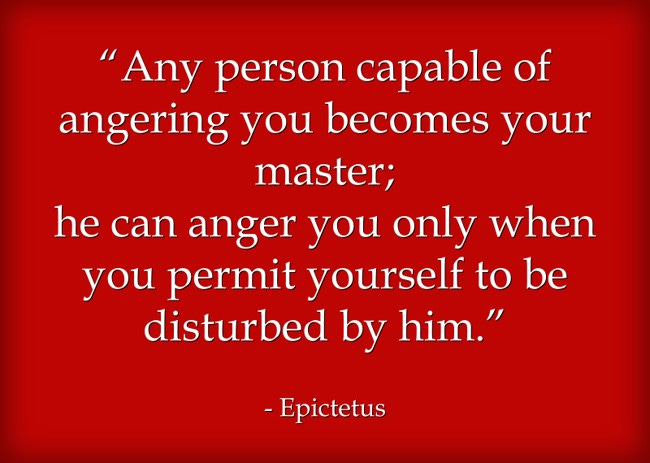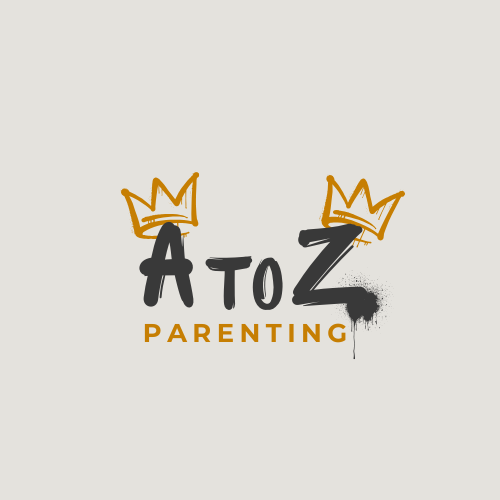One of the biggest reasons people struggle with conflict is that they feel responsible for how others feel. They think if someone is upset, it must be their fault. If someone reacts negatively, they must have done something wrong. And if they just explain themselves well enough or avoid saying anything at all, they can keep the peace.
This is a deeply ingrained, exhausting, and completely false belief.
Somewhere along the way, they picked up the idea that their job is to keep everyone happy. These are usually childhood wounds, and as kids, they learned that speaking up led to anger or that their emotions were “too much” for the adults around them. Maybe they saw their parents walk on eggshells around each other, teaching them that avoiding conflict is safer than facing it. Whatever the source, they internalized a dangerous lesson that their worth is tied to how well they can manage other people’s emotions.
You are not responsible for how others feel.
You can be kind and respectful and communicate clearly, but ultimately, people’s emotions belong to them. Their reactions come from their own experiences, wounds, and expectations. No matter how hard you try, you cannot control how someone else processes reality. Trying to is just another form of control, even if you do it politely.
It sounds selfless and virtuous. “I just don’t want to hurt them.” “I want them to feel okay.” But if you look deeper, the real issue will be exposed. If you believe you must keep others happy, what you’re really saying is that their emotions are yours to manage. That’s not empathy; it’s an illusion of control, leading to people-pleasing, weak boundaries, and a lifetime of second-guessing yourself.
As a father, I see how early this conditioning starts. Kids are naturally tuned in to their parents’ emotions. They want to keep the peace, but if we don’t teach them otherwise, they’ll grow up thinking their feelings don’t matter as much as keeping everyone else comfortable.
I saw this early with my son. He never struggled to say “no” because he knew he didn’t have to justify his boundaries to me. If he didn’t want to play with someone, that was enough. I never forced him to be around people who made him uncomfortable. I listened, I respected him, and because of that, he grew up knowing his feelings and preferences mattered.
Too many kids don’t get that. They learn that saying “no” is selfish. That avoiding conflict is more important than self-respect. That’s how you raise a child who tolerates disrespect as an adult because he’s been trained to fear upsetting people. As fathers, we must resist the urge to control our kids and show them what confidence looks like.
Your job is to act with integrity, not to control how others feel about it.
This means setting boundaries without apologizing for them. It means disagreeing without trying to soften the blow with endless explanations. It means letting people have their reactions without scrambling to fix them.
This doesn’t make you cruel. It makes you honest, and honesty builds stronger, healthier relationships than any amount of emotional micromanaging ever could.
So stop carrying a weight that was never yours to bear. Speak your truth, live your values, and let people feel whatever they need to feel about it.
For the best parenting advice, check out A to Z parenting!





